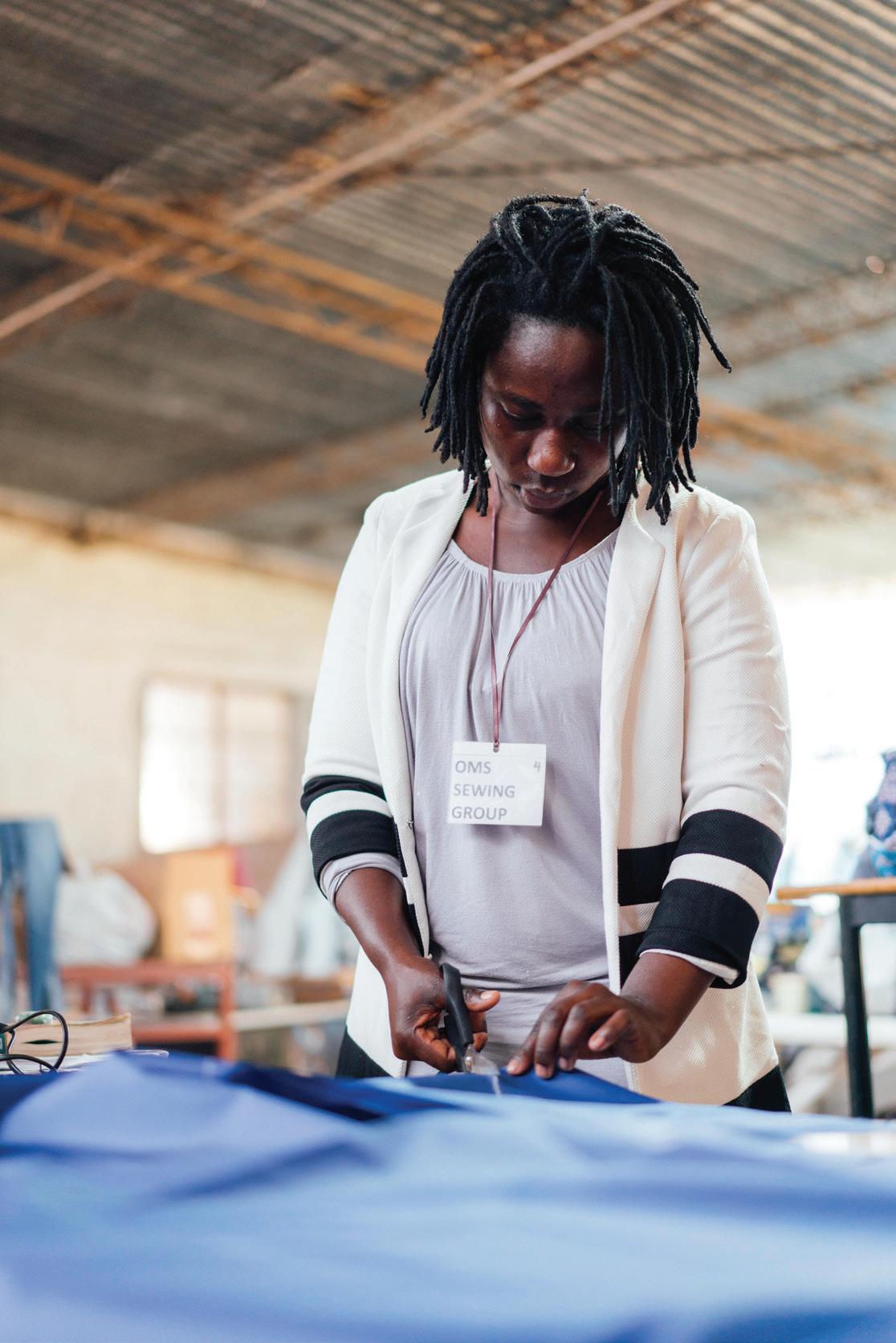
21 minute read
Behind the masks and
from Engage issue 48
CORONAVIRUS HEROES
THE BRINGERS OF HOPE AND HELP DURING THE COVID-19 PANDEMIC
Advertisement
You helped pastors in Bangladesh, counsellors in Afghanistan and seamstresses in Mozambique. You enabled men and women to deliver food parcels, clothed doctors with masks and gowns, and washed the hands of little children. You stood with Coronavirus heroes across the globe – and made their life-saving work possible.
Coronavirus response
he Covid-19 through the Baptist World the communities without T Coronavirus changed the world. As the Alliance Forum for Aid and Development (BFAD). Thanks to long-standing partnerships, access to soap to help stop the spread, and the BMS-supported hospitals in desperate need of life-threatening when the Coronavirus pandemic Personal Protective Equipment virus made its way across the began to spread we were able (PPE) and other supplies in globe, we were all forced to find out who was in greatest order to continue their lifeto limit our movements and need of help, and we already saving work. There wasn’t our lives to try and stop the had networks in place to make a one-size-fits-all solution, spread of this new enemy. sure the right support got to which is why our response was And yet, in that time of crisis, the right people – fast. multifaceted. We listened to the when you were facing struggles Coronavirus didn’t just needs on the ground, and your and sacrifices of your own, you endanger the physical health support enabled us to respond chose to remember the world in of those who contracted it. effectively. prayer and giving. We want to For some living in more fragile say thank you for that. countries and communities,
BMS World Mission has being unable to work due to been at the heart of the lockdowns left them at risk WHAT YOU DID global Baptist response to the of starvation. Others faced Coronavirus, playing a key role huge mental health challenges, in co-ordinating a worldwide spiralling into panic and body of agencies and churches depression. Then there were 1,593 people gave to the BMS Coronavirus appeal, raising Over the next few pages, you can read about some of the ways your giving over has changed lives during this pandemic. We have in-depth stories from Mozambique and Afghanistan, and snapshots from our relief efforts across the £230,000! globe. As you read about some of the heroes you’ve been equipping to make a difference – know that you’re a hero too. Your gifts and prayers have gone where you could not. They’ve spread hope. And they’ve saved lives. Who you helped So far 28,000 people in 14 countries on 4 continents have been helped thanks to The BMS magazine your support of BMS.
7
Made in Mozambique: behind the masks
Photos: Jacob Barrell, and the Capaz team • Words: Laura Durrant
For Gloria, the Capaz sewing school was everything. It gave her a way to provide for her five-year-old son who can’t walk. It gave her friends — a family really — who could support her and who she could share fellowship with. It gave her the chance to learn vital skills, the chance to dream of a future, the chance to create things herself, when so few clothes carry the label “Made in Mozambique”. It gave her hope when so much was against her. And then Coronavirus happened. And it took so much away.
Within days of the first cases of Covid-19 being recorded in Mozambique, the entire country went into lockdown. You could be fined if you didn’t wear a face mask. Schools and places of work closed, and with them, the Capaz sewing school. “We didn’t want them to be together. And the whole point is that they’re together,” says Susanna Barrell, who has been serving with BMS World Mission in Mozambique since 2017, and who trains women at the sewing school. The school exists to teach sewing skills to women like Gloria, many from disadvantaged backgrounds, and give them the necessary training to support themselves and their families. But it also exists to create close-knit support groups between the women involved, so that they can empower and encourage one another as they learn. “If I was at home, I would cry every day,” explains Celina, one of the other women in Gloria’s sewing group, describing her experience as part of the sewing school. “But I’ve got a family here, I love my other sisters here.” But with the countrywide lockdown, Gloria and the other women in her sewing group were unable to meet together. Gloria, like so many of us across the world, had to experience the pain of being separated from her friends, her family, and she had no idea when they would be able to sew together again. But then, amazingly, they were given the opportunity to fight back.
“Maputo Central Hospital wanted masks, and they couldn’t source masks in Maputo,” says Susanna. “They asked me, ‘If we get donations of Capulana, could you make them?’” In a country where the healthcare system simply cannot handle a pandemic, hospitals needed masks desperately. The Capaz sewing school was happy to provide. Not only would they be helping to fight the virus that had already taken so much from them, but it was a chance to sew together again, even if they weren’t in the workshop, laughing and helping one another as they sewed. The sewing machines
For Gloria, and for so many women like her, the Capaz sewing school is a necessary lifeline.
Susanna uses her sewing skills to give the women at Capaz the training to support themselves and their families.
from the school were shared out among the women so they could sew masks from their own homes, and with the machines, they carried a small part of the group with them. They were ready to do their part to help, to sew a whopping 30,000 face masks for symptomatic patients to slow the spread of the virus.
So many masks were needed that Susanna wasn’t sure the women would be able to do it in time. If she sewed solidly, one woman could sew maybe 100 masks a day. But that didn’t take into account things like childcare. Gloria had to take care of her disabled son – there was no way she could dedicate all her time to sewing masks. But then something wonderful happened. Other women from different groups involved in the sewing school joined in: women from the local Baptist church, women with tragic backgrounds in prostitution, women from all walks of life coming together to achieve an incredible feat. In the face of a virus that threatened to disrupt and divide, these amazing women were able to stand together to fight back – even if they were apart.
And you, our wonderful BMS supporters, have been

part of that fight too. Your generous support for our Coronavirus appeal paid for their labour, meaning that these women have had the means to support themselves through lockdown. Your generosity means that Gloria didn’t have to worry about how she’d feed her son during a global pandemic. And while it hasn’t made everything better – life is still not as it was before lockdown – you’ve given these women something incredibly valuable. You empowered them when it looked like everything important had been taken away. Your support gave them hope that when they are able to come back together, they can come back stronger, knowing just what they are capable of. •

Your support made it possible for the women at Capaz to sew over 30,000 face masks!
CORONAVIRUS HEROES
Gloria and her amazing sewing school family smashed their target of 30,000 masks, sewing an incredible total of 31,550! They could not have done that without your support.
Thank you!
Illustration: Joshua Mutton Epidemic of fear w i n n i n g A f g h a n i s t a n ’ s m e n t a l h e a l t h b a t t l e w i t h C o r o n a v i r u s Words: Sarah Stone
Reducing fear. Stopping panic spirals. And spreading positive messages so effective they’ve been adopted by the Government. Here’s how you’ve enabled heroic Afghan mental health professionals to save lives.
You left your family, your home and your country in search of a safer life in Iran. Now, out of nowhere, a deadly virus has gripped your new hometown, and you find yourself with hundreds of other young men, fleeing back to Afghanistan in fear for your life. You’re shoved in the back of a pick-up truck, pressed together. Breathing each other’s breath.
You think by leaving you can escape the virus, but you’re bringing it with you.
There’s nowhere left to run. Earlier this year, thousands of Afghan migrants fled back across the border from Iran, trying to escape an early epicentre of the Covid-19 Coronavirus. Many of them ended up in camps. The overcrowded conditions were the perfect place for the very virus they ran from to spread. And misinformation working its way across social media meant that people diagnosed with Coronavirus believed they’d been given a death sentence.
“People killed themselves because they felt so hopeless,” says BMS World Mission doctor Catherine*, who heads up our partner’s mental health work in Afghanistan. “And in a lot of those cases, they were young people, who I’m pretty sure wouldn’t have died.”
Others fled the Covid-19 wards they were held in, terrified. They hadn’t seen a doctor. They hadn’t been fed. They weren’t able to contact their families. So they ran – but they couldn’t escape their panic, or their diagnosis. They spread it further. Even the expert medical workers trying to help weren’t immune to the fastspreading despair. “One of the frontline medics himself tested positive,” says Catherine. “The police came in the middle of the night to take him away, and he
became suicidal in the unit.”
But, in the midst of all this anxiety, you were there to help. In the first few weeks of the crisis, you provided full Personal Protective Equipment (PPE) to frontline medical workers, as well as for the mental health team. You also helped train these medics in looking after their patients’ mental wellbeing as well as treating their physical sickness – preventing the panic spiral that caused some people to tragically end their lives.
People on the cusp of suicide were given hope. Like the frontline medic who considered ending his life. “Our counsellor was able to put on PPE and go and talk to him face-to-face for a few hours,” says Catherine. “They talked him down from it really.”
In the UK, medical workers have rightly been praised for their heroism, risking their lives to serve people suffering with this highly infectious virus. But in Afghanistan, some frontline workers have found themselves ostracised by their communities, who are terrified of contracting Coronavirus. You’ve helped psychologists to support these medical workers through telephone counselling, as well as patients and their families, distributing credit so that people are able to phone their hotline for help.
And after realising that doctors were struggling to break the news of a positive Coronavirus diagnosis to patients in a helpful way, the BMS-supported mental health team took over the newsbreaking service in the city’s hospitals. They gave patients facts about the recovery rate from Coronavirus, and reminded people of the mental tools they already have to cope with trauma. Because men and women in Afghanistan are much better equipped to cope with stress than many of us in the West – having lived with insecurity and conflict for most of their lives. In the face of this new, invisible enemy, people needed to be reminded of the mental strength they already possessed to get through times of crisis.
That’s why the mental health team also created billboards and printed materials to spread positive messages about how to cope with the stress of Coronavirus, as well as encouraging good hygiene practices. The billboards told
people that they should speak to trusted friends and family members about how they were feeling. That feeling sad and scared and angry is normal in times of crisis. That taking time to relax is good for reducing stress. These messages were adopted by the Afghan Government and promoted across the country. They’re helping people realise it’s okay to feel how they feel. And they’re helping to reduce dangerous behaviours that result from panic – like people fleeing Covid wards.
All this has been possible thanks to you. “It’s easy to get sucked into focusing on the UK, but it’s really good to lift your eyes to the world,” says Catherine, who believes the speed at which BMS supporters responded to help those in need was instrumental in making a difference.
“This has really helped our relationship with the Government of Afghanistan who are very, very positive about us. It gives us the power to do even more in the future.” • *Name changed
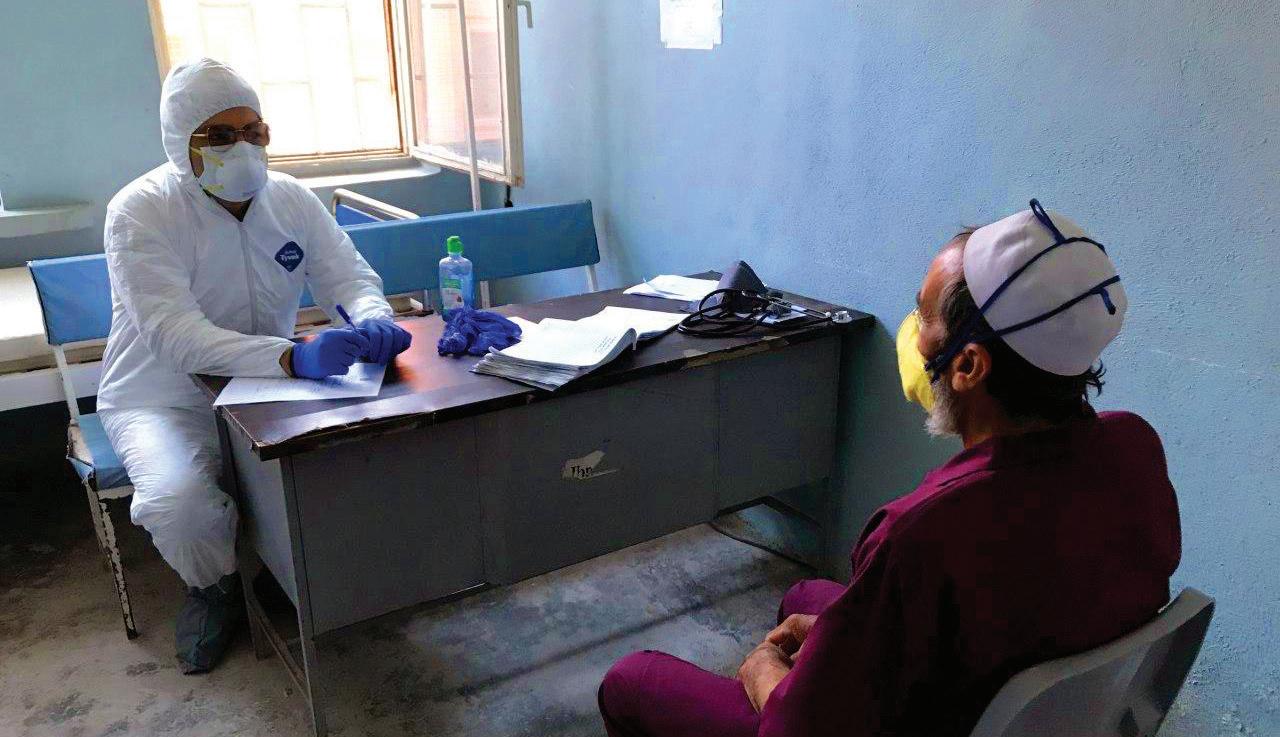
CORONAVIRUS HEROES
Thank you for standing with the people of Afghanistan during the Coronavirus pandemic – reminding them of the incredible resilience they already possess, and equipping brilliant mental health specialists to save lives in one of the most fragile places in the world.
YOU HAVE SAVED LIVES ACROSS THE GLOBE
You’ve provided hundreds of vulnerable families across Peru with food parcels.
Albania, £9,160
At-risk families received food and basic necessities thanks to your gifts.
CHAD, £30,000
You’ve helped set up a satellite Covid-19 hospital in the north – where medical provision is extremely limited. You’re also enabling the lifesaving work of Guinebor II hospital to continue safely. (Read more on page 16!)
Tunisia, £7,000
You gave families in need access to food through parcels and vouchers.
UGANDA, £10,100
You’ve improved food security in the north of Uganda by providing families who exist on subsistence farming with seeds. You’ve also given at-risk families in the west of the country food parcels and soap.
Mozambique, £22,996
You’ve helped BMS’ sewing community make 30,000 face masks for frontline workers. You’re also providing soap and hygiene lessons for low-income families, and giving educational support to 2,900 children.
1. Food for the hungry 2. Protective equipment for frontline workers 3. Soap and hygiene items to help stop the spread 4. Medical provision for Coronavirus patients 5. Keeping other life-saving medical work
Sri Lanka Tunisia
Peru, £7,000
Afghanistan Uganda
Nepal Mozambique
Albania
going during the outbreak
Chad
Sri Lanka, £5,000
Peru Bangladesh
You’ve provided food parcels for families who lost livelihoods under lockdown.
Afghanistan, £17,000
You provided Personal Protective Equipment (PPE) to frontline workers at the beginning of the outbreak in Afghanistan, and you’re giving ongoing mental health support to patients, medical workers, and families.
NEPAL, £17,000
You’re supporting the running of hospitals, providing PPE and hygiene supplies, and providing atrisk families with food parcels.
Bangladesh, £13,000
You’ve given 500 vulnerable families food and hygiene supplies.
CORONAVIRUS
HEROES
From the thousands of people you have helped so far… THANK YOU!
If you gave to the BMS World Mission Coronavirus appeal, if your church joined us for Solidarity Sunday, and if you’ve prayed for the world, if you sent an encouraging message or invited one of our workers to join in your church service – you have made a difference. Thank you so much for standing faithfully with people in need in any way you could during this crisis. You’re a hero and we are so very thankful for you!
Photos from the frontline

See mission through their eyes.
FIRST PLACE Meadow in the Highlands, taken by Nathan*, Afghanistan
This stunning shot was taken of a meadow in a rural district in the heart of Afghanistan. The distinct colours, and the image of a family playing in the stream in the distance shows a drastically different Afghanistan from the one we normally imagine. It challenges us to see the beauty in the most difficult of situations. Congrats to Nathan!
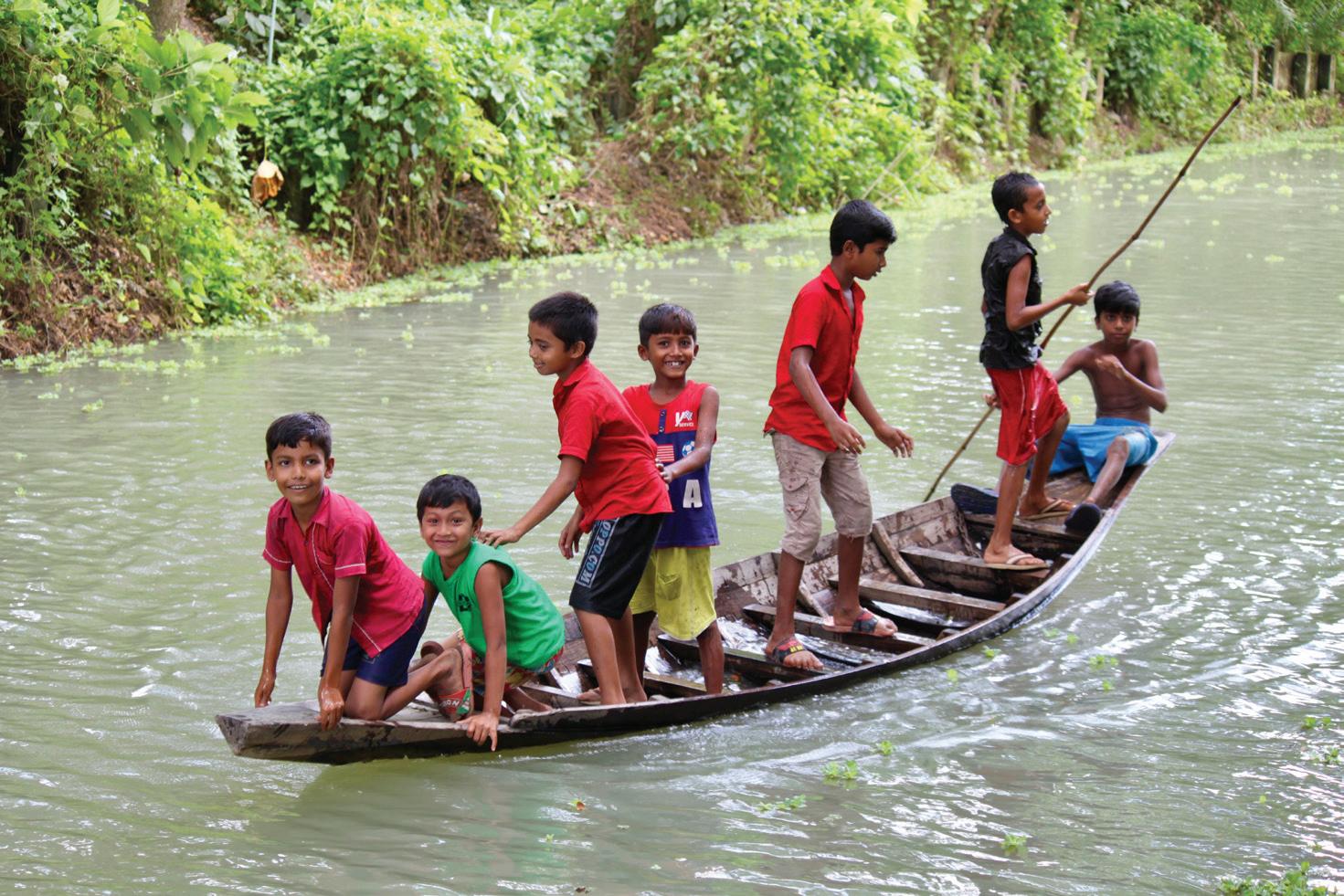
SECOND PLACE
Messing About on the Water, taken by Phil Proctor, Bangladesh
This delightful photo shows some of the older siblings of the preschool children that Phil and his wife, Louise, work with in rural areas of Bangladesh. “It was a big distraction for the lesson!” says Phil. That may be, but also a great opportunity to see what life is like for many children in Bangladesh. Great job Phil!
Driftwood on the Indian Ocean, taken by Mark Barrell, Mozambique
A stark contrast from the rest of the winners, but the judges felt that the story this photo told was too striking to ignore. The empty beach and the sun-bleached driftwood reminded us of the threat of global warming, and how damaging climate change could be in a vulnerable country like Mozambique. Thank you, Mark, for using your photography to express this story. W hat does God’s image
look like to you? How do you see the natural world? What part of your work do you want BMS World Mission supporters to really see?
These are the questions we wanted our mission workers to ask when we invited them to take part in our brand new BMS Photo Competition. It’s unlikely that many of us will visit the frontline of mission ourselves. We won’t meet the people our mission workers work with on a daily basis and we won’t see up close the struggles so many people face every day the way our mission workers do. Which is why we wanted to share these photos with you. They’re beautiful and creative, but most importantly, they give a rare insight into the life of a mission worker, and the beauty they see in the incredibly challenging situations they often find themselves in.
Please do enjoy these photos for what they are, but remember the stories behind each one. Remember that your story is connected to them too, and that without your support, none of these pictures would have been taken.
CATEGORY WINNER: God’s Image
The Wonderful Wooden Ferris Wheel, taken by Toby Vokuhl, Nepal

Have you ever seen anything like this before?! This wonderful image of children playing on a Ferris Wheel reminded Toby of God because of the joy and delight the children are expressing. “Both are emotions we see in God,” he says. What a wonderful sentiment, and what a wonderful photo
CATEGORY WINNER: Natural World
to go with it!
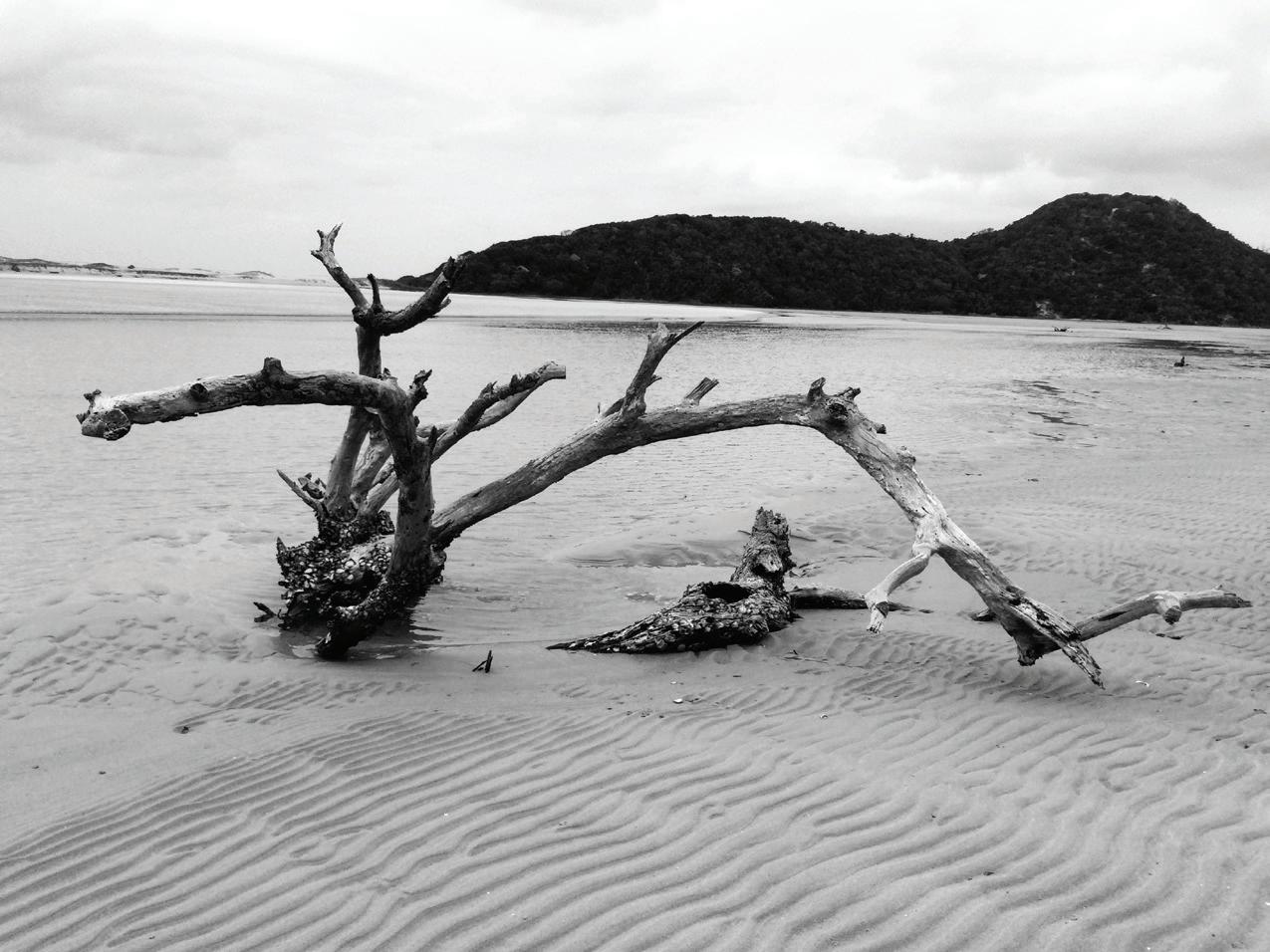
1
2
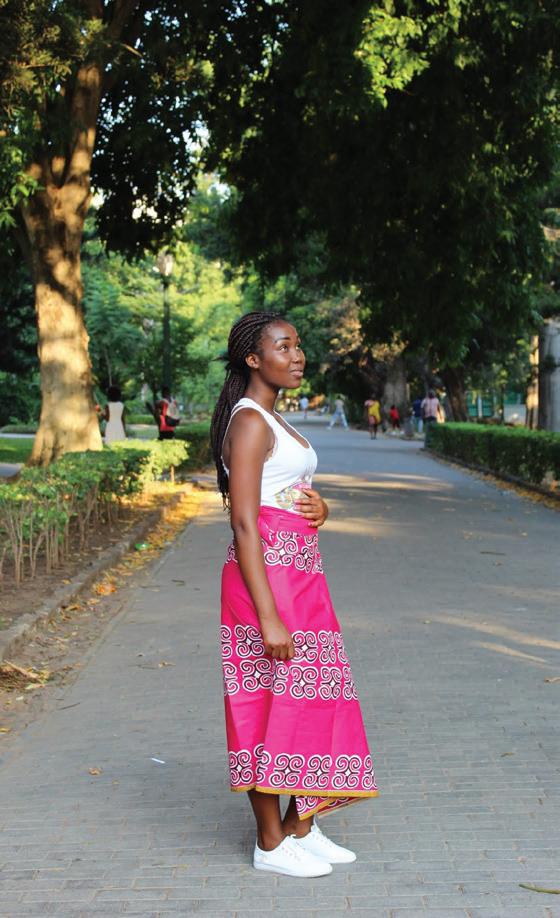
5

7 3


6
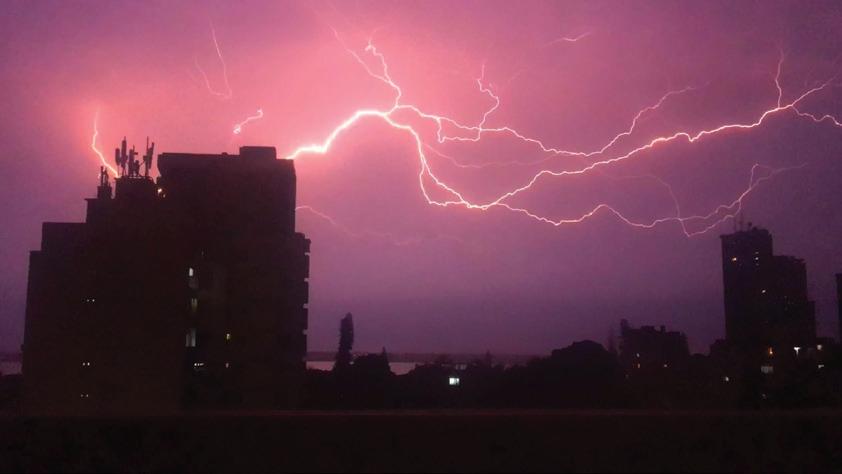
8


4

RUNNERS UP
1. Tents from the IDP Camp, taken by Nathan, Afghanistan
2. Capulana Girl, taken by Lizzie Barrell, Mozambique
3. Travelling the Wetlands, taken by Louise Proctor, Bangladesh
4. Baby at a Worksite, taken by Nathan, Afghanistan
5. Nepali Man, taken by Andy Saunders, Nepal
6. The Blind Woman, taken by Andy Saunders, Nepal
7. Lightning over Maputo, taken by Lizzie Barrell, Mozambique
8. Digging up the Mountains, taken by Toby Vokuhl, Nepal
Hope and healing in a desert hospital

Words: Hannah Watson Photos: Alex Baker
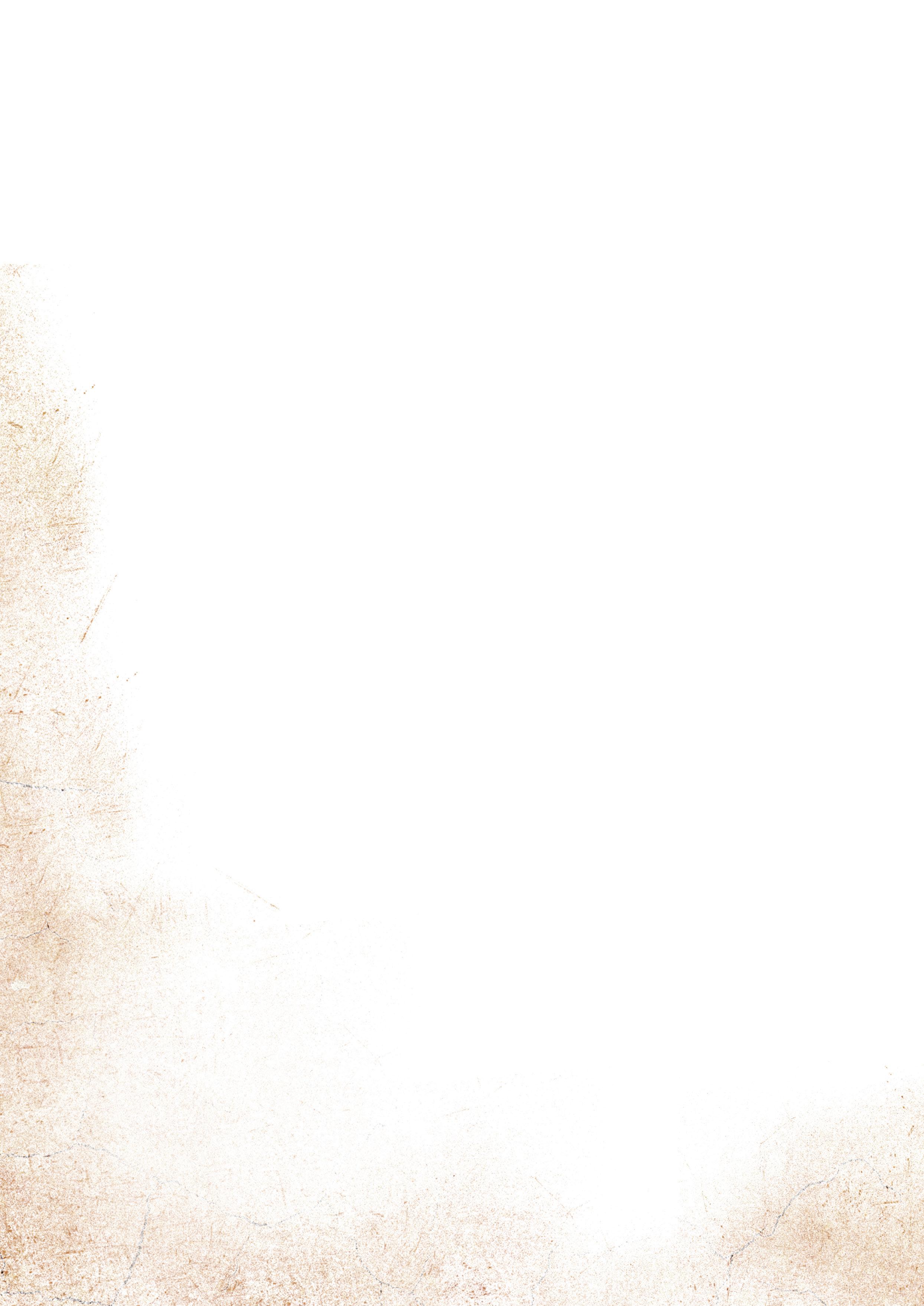
Her tiny hand is coming back to life. In the new operating block at Guinebor II (G2) hospital, the entire room is riveted by the sight of the little girl on the operating table, her delicate fingers slowly unfurling as her bandages are unwound. The surgeons’ expressions are inscrutable behind their masks as they assess their work. Then Theo, the hospital’s bright young surgeon-in-training nods. The skin grafts have taken hold.
he little patient is T called Fatimé, and she’s three years old. Her hand, once enclosed by gnarled scar tissue, has been opened up, and her fingers are visible for the first time since the terrible day when, as an infant, she’d picked up a burning coal from the dying embers of a fire.
The burn had fused her hand into a balled-up fist, an injury she’d carried untreated for years. When the surgical team meet her, she holds her arm as though hoisted in an invisible sling, carried protectively against her belly.
Managing injuries like Fatimé’s that have gone untreated for months or even years is not unusual for the team at Guinebor II, but it does pile on the pressure. Patients who have been moved to seek treatment after hearing about the hospital’s reputation are hopeful for lifechanging interventions. Many of them travel for hundreds upon hundreds of miles, make difficult or dangerous journeys from neighbouring
A generous legacy received by BMS built the surgical block where Fatimé had her transformative operation, and where many other patients’ lives have been saved.

Cameroon or Sudan, arrive on the back of motorcycles while very ill or in labour, or work through huge anxieties about moving away from traditional healers to place their trust in the hospital.
Fatimé’s family overcame all this and more when they took a leap of faith to bring her to Guinebor II. Their brave decision will be transformative for their daughter’s future. The team are confident that with physiotherapy, she’ll be able to regain movement in some of her fingers, allowing her to provide for herself with practical work when
“Being the head of the hospital is another miracle, because I didn’t expect it,” says Kalbassou. “But by God’s grace, I am doing the work.”
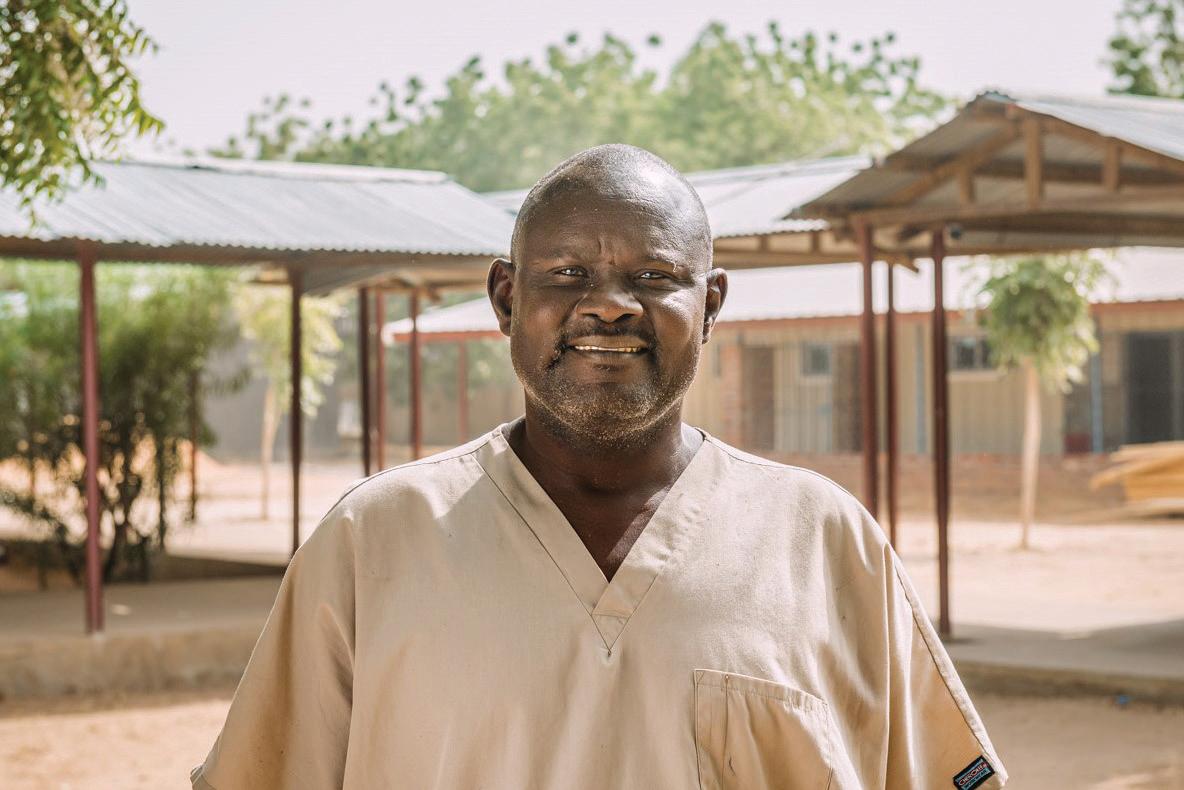

she grows up, and — importantly in Chadian culture — greatly increasing her chances of marrying if she wishes to one day. Fatimé will undoubtedly face huge challenges throughout her life, but this surgery represents one more open door, one more chance to flourish.
A wonderful feat has been achieved, but for the surgical team, there’s no patting each other on the back. Another patient is waiting and although it’s past lunchtime, these guys aren’t in the habit of taking leisurely breaks. The staff at the hospital are conscious that it’s G2’s reputation that leads families like Fatimé’s to seek the care they need, and no-one is more aware of the need to pour hard work, excellence and love into every patient experience than Hospital Director, Kalbassou Doubassou.
Kalbassou performs up to six operations a day – as well as leading weekly all-staff meetings, praying by patient bedsides, and making operational decisions (an especially fraught job with the worrying arrival of the Coronavirus in Chad in the spring of this year). Often, he’s woken in the night to perform an emergency C-section, and still manages to be back on his feet for the next morning’s ward rounds. In a country with one doctor for every 25,000 people, taking a holiday isn’t really an option. So, every night, Kalbassou’s exhausted prayer is that God will give him the energy to get up and do it all again, to heal as many patients as the Lord has blessed him with, so This year has reminded us that strong healthcare systems are a blessing we cannot overlook. To support Operation: Chad, our 2020 Harvest video appeal, watch the DVD you received with this issue of Engage and share it with your church family. It costs BMS over £240,000 a year to keep G2 hospital open. Thousands of patients rely on its care. You could provide lifechanging medical treatments for patients just like Fatimé. In an age of Coronavirus, please don’t let this hospital close. Head to www.bmsworldmission.org/oc
Fatimé’s father places a loving hand on the bed rail of her trolley as she’s wheeled towards the operating theatre.


to give today. that in this hospital, they might meet with the God who gives him strength. “I’ve seen God really moving, because people come to the hospital really desperate, and they move out of the hospital full of joy,” he says, smiling. “So I’m grateful for God’s work.”
In the week spent filming at G2 hospital for Operation: Chad, BMS’ 2020 Harvest appeal, Kalbassou’s team treated pregnant mothers with HIV, children with cerebral malaria, young men with terrible leg ulcers and a baby with pneumonia. Kalbassou knows full well that none of this would be possible without the support God has blessed him with. And so his message to UK Christians is simple. “You can save a life,” says Kalbassou. “You can bring someone to Jesus: that’s for eternal life. So there is a lot to give.” •
CORONAVIRUS HEROES
G2 had temperature screening in place even as the UK was just entering lockdown. In a country with limited access to Personal Protective Equipment (PPE), oxygen supplies and ventilators, the team continues to provide excellent care to patients, triaging those with Covid-19 symptoms to get them the help they need.




